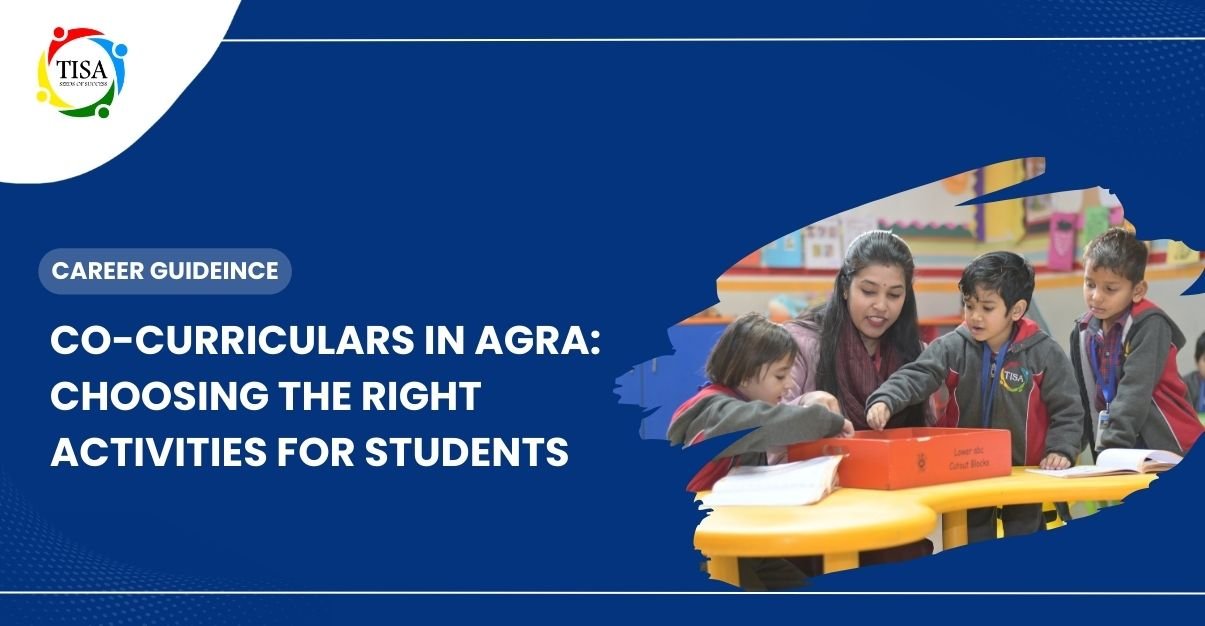What do you think when someone mentions ‘moral values?’ Do you think about the manners and etiquette? Or do you think about life lessons and values? There are many ways for us to perceive moral values.
In simple words, moral values are a set of principles. These principles help us distinguish between right and wrong. Moral values are indispensable if you want your child to become a responsible, compassionate, and disciplined student.
Let’s further explore the topic of morals for students to help clarify their imminent needs, especially in today’s world:
What Are Moral Values in Education?

Moral values are fundamental beliefs, principles, or ‘codes’ that humans have established. You could say that these morals for students distinguish us from animals. From making ethical choices to maintaining one’s integrity, moral values play a crucial role in our lives.
As for education, or values of education, moral values aren’t just about textbook knowledge. These often come with compassionate stories to help invoke a feeling of empathy, respect, and justice (or fairness) in the students.
Moral Value Shapes A Student’s Character
How did you understand the importance of honesty? That’s where Moral values come into play. Similarly, learning to be a responsible adult is all about understanding these values. Even while showing compassion, one has to be morally upright.
These aren’t some abstract concepts. People can’t just understand or perceive them automatically. Moral values provide a sense of society and duty towards our community.
Overall, teaching morals to students helps build a well-versed individual. It is a part of a student’s holistic growth towards a brighter future.
10 Values of Education For Students
At TISA, we foster a collective front on defining 10 values of education. These values are driven by moral lessons. Hence, we believe that when students learn these 10 values, they become responsible and well-decorated members of society. These values transcend the limitations of academic learning. Here is a brief overview of these lessons:
| Value | Description |
| Honesty | Encouraging students to be truthful and transparent and act honestly in all situations. |
| Respect | Teaching students to value and appreciate differences in others fosters an inclusive environment. |
| Responsibility | Instilling a sense of accountability, where students take ownership of their actions and decisions. |
| Compassion | Encouraging students to be empathetic and show kindness toward others, especially in difficult situations. |
| Fairness | Ensuring students understand the importance of justice, equality, and treating others without bias. |
| Perseverance | Teaching students to keep pushing forward, even in the face of challenges, and never to give up. |
| Courage | Helping students find the strength to stand up for what’s right, even when it’s difficult. |
| Gratitude | Instilling an attitude of appreciation for life’s blessings and recognizing the efforts of others. |
| Cooperation | Promoting teamwork and collaboration, teaching students to work together for a common goal. |
| Humility | Encouraging students to remain grounded, accept their mistakes, and learn from their experiences. |
Integrating these 10 values of education is essential to positively nurturing a student. For instance, honesty is always the best policy and helps us create a transparent and trustworthy environment for the students. They feel safe and their honesty is valued at TISA.

Respect isn’t just about hierarchy or elders. It is about appreciating diversity and living in harmony with everyone. This extends to respecting other students, their choices, and more.
We believe that compassion also goes hand-in-hand. It helps students learn how to forge better social bonds. They learn to care for each other.
Responsibility isn’t just about making them take action. It is about teaching students accountability so that they understand that every act of theirs comes with some kind of result or consequence.
Lessons like perseverance and courage teach the students to take on multiple challenges. They persist and overcome day-to-day goals, tasks, and challenges to thrive. With additional lessons on fairness, they also learn to promote justice and reduce overall bias or favouritism.
Humility helps students stay grounded and down-to-earth to always do their best. They continually seek self-improvement, while gratitude helps them have a positive outlook on life. And finally, cooperation will always have them with collaboration and teamwork.
The Need For Moral For Students
The above-given description of the 10 values of education might have given you a good idea of the need for moral education for the students. However, it is way beyond that.
We live in a digital age where young minds can be influenced easily. All they need to do is join a social media platform or browse the internet. Therefore, it has become indispensable for students to understand and learn these values:
1. Navigating The Digital Landscape
Moral values help students understand how to use digital tools. They are more ethical and focus on fostering critical thinking and problem-solving. So it ultimately prepares them for prospects and a career.
2. Positive Online Interactions
There have been too many cases of harassment and cyberbullying. Moral values help avoid that. Your child may not fall victim to it. Moreover, you will be more proud to learn that they aren’t the ones bullying anyone online.
3. For Self-Esteem And Boundaries

Social media is all about telling us that other people are having a better life. Moral values help students establish healthy boundaries and pursue personal goals. All without feeling the need to compare to other students.
4. Acknowledging Social Responsibility
Social media isn’t just some hobby or tool anymore. It is part of our lives, it is part of our society. Therefore, students learn to contribute positively and interact with people properly through moral values.
5. Preventing Negative Influences
Social media is full of influencers and content that could negatively impact a child’s developing mind. That’s where moral values help students understand what’s fair, or where they should draw inspiration from.
6. Emotional Intelligence For Relationships
Online exposure easily leads to new friendships. Through moral values, students learn to regulate their emotions and also empathise with others, without getting overwhelmed. It also prevents manipulation by helping them understand mental health and establishing boundaries, even in interpersonal relationships.
The Encouragement Of Moral Values And More
It is important to note that the above-given benefits aren’t just limited to the online world or social media platforms. These help students in their daily lives, as well. They are more in tune with their personality.
By understanding right from wrong and other duties, students can become positive contributors in today’s world. Overall, we like to think that moral values are those pillars upon which we can build a better future.
If you’re also often worried about your child’s future, their well-being, and other aspects, then learning what moral values are and how they help your ward is a great way. And not only for the students, it can be a great practice for you, too!
Suggested article : Choosing The Best Play School In Agra








